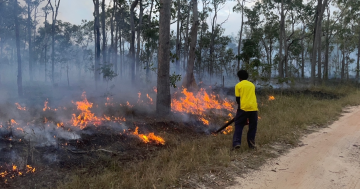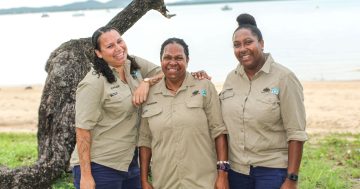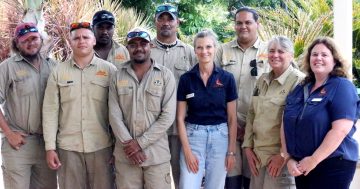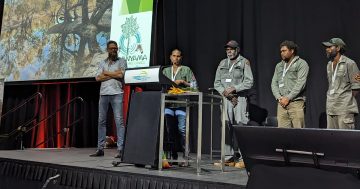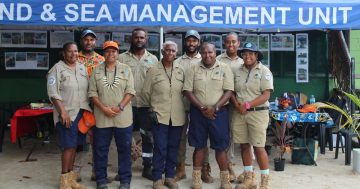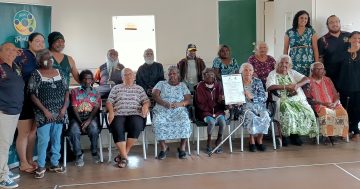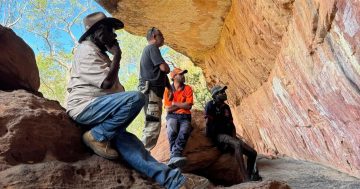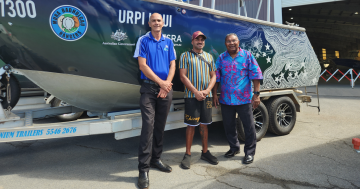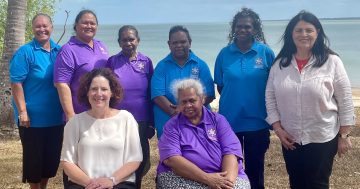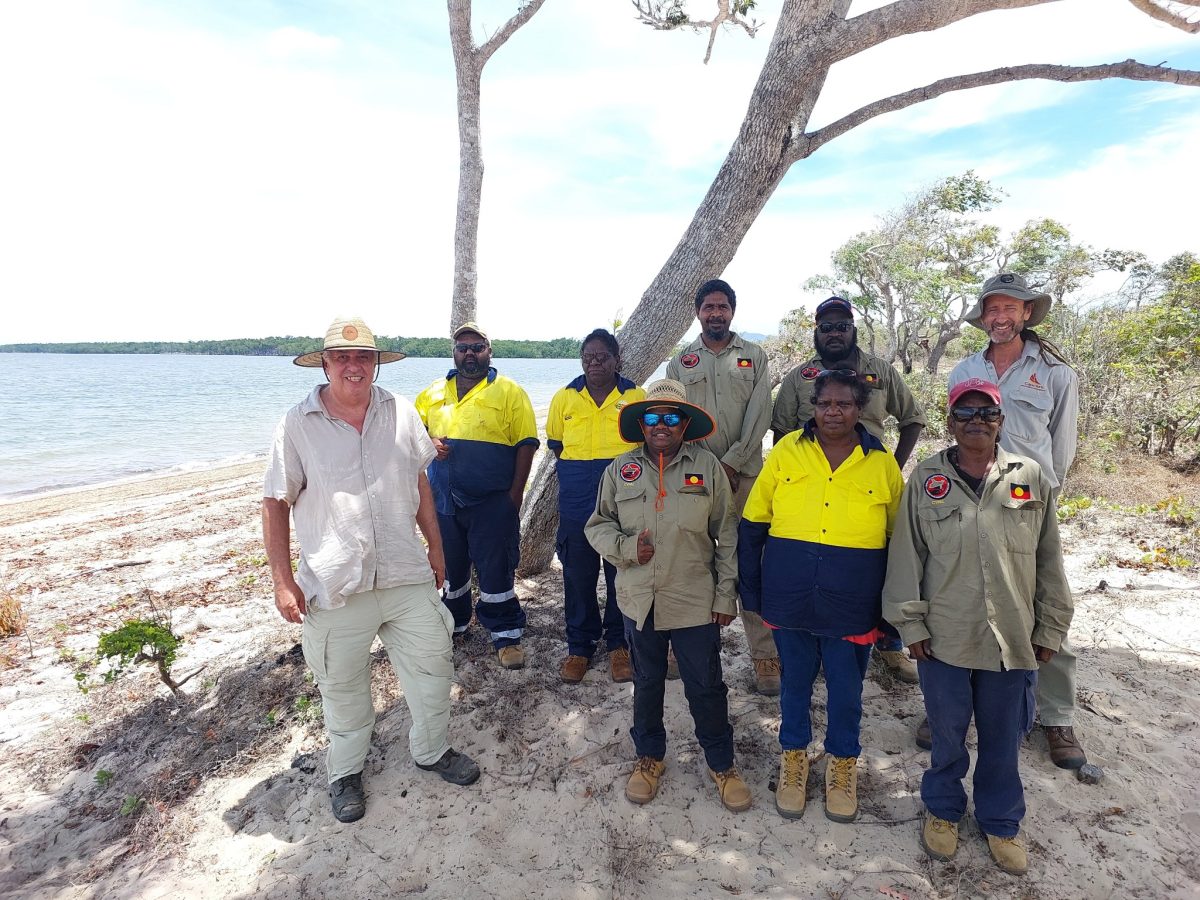
Juunjuwarra Aboriginal Corporation will receive funds for a new ranger team in the Starcke River catchment. Photo: Kerry Trapnell.
Cape York Traditional Owner organisations will employ 14 new Indigenous Land and Sea rangers as part of 46 positions being added across the state by the Palaszczuk Government.
The investment of around $27 million annually will bring the number of ranger to more than 200, doubling the number of funded Indigenous Land and Sea ranger positions.
“The Indigenous Land and Sea Ranger program is not just an investment in jobs and our environment, it’s also an investment in rebuilding Indigenous knowledge and empowering Queensland’s Traditional Owners to care for country,” Minister for the Environment and the Great Barrier Reef, Leanne Linard said.
“After all, who better to care for Country – managing native wetlands, bushlands, coastal areas and estuaries across Queensland – than the people who have been caring for it for the past 60,000 years.”
Juunjuwarra Aboriginal Corporation and Dabu Jajikal Aboriginal Corporation will receive their first four-person ranger team.
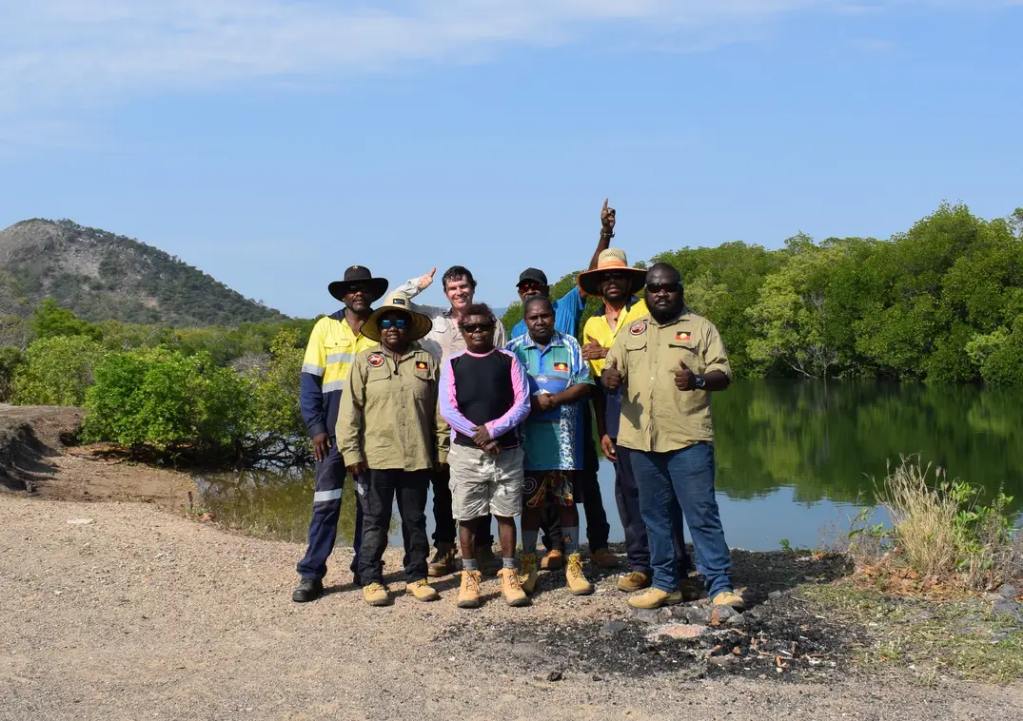
The Juunjuwarra team are keen to bring the unmanaged land back to its glory. Photo: Kerry Trapnell.
Juunjuwarra Aboriginal Corporation Chair Mathew Neil Jacko said the ranger program will help them manage The Starcke River Catchment and Sea.
“This means a lot to us – to be working on Country and caring for Land and Sea,” he said. “This opportunity fills us with pride.”
They are excited to have the resources to revive culture and “stop the deterioration”.
“Feral pigs and cattle, weeds, climate change, and unmanaged visitors have all taken a toll on the area’s important biodiversity,” Mr Jacko said.
“We look forward to cleaning it up and making it a great place for all to visit again.”
The funding will also add rangers to existing teams.
Normanby, Wuthani and Olkola Aboriginal Corporation will each receive funding for two extra rangers.
Normanby Land Management Ranger Coordinator Vince Harrigan said the new positions would double the team.
“We’re going to be able to get a lot more done,” he said.
“We have a Healthy Country Plan that describes our goals and vision for the future of our people on Country, and these new positions help us get a lot closer to achieving those goals.”
“We have a great working relationship with the Queensland Indigenous Land and Sea Ranger program, and we appreciate that they support us to manage our homelands with a mix of cultural knowledge and western science,” he said.
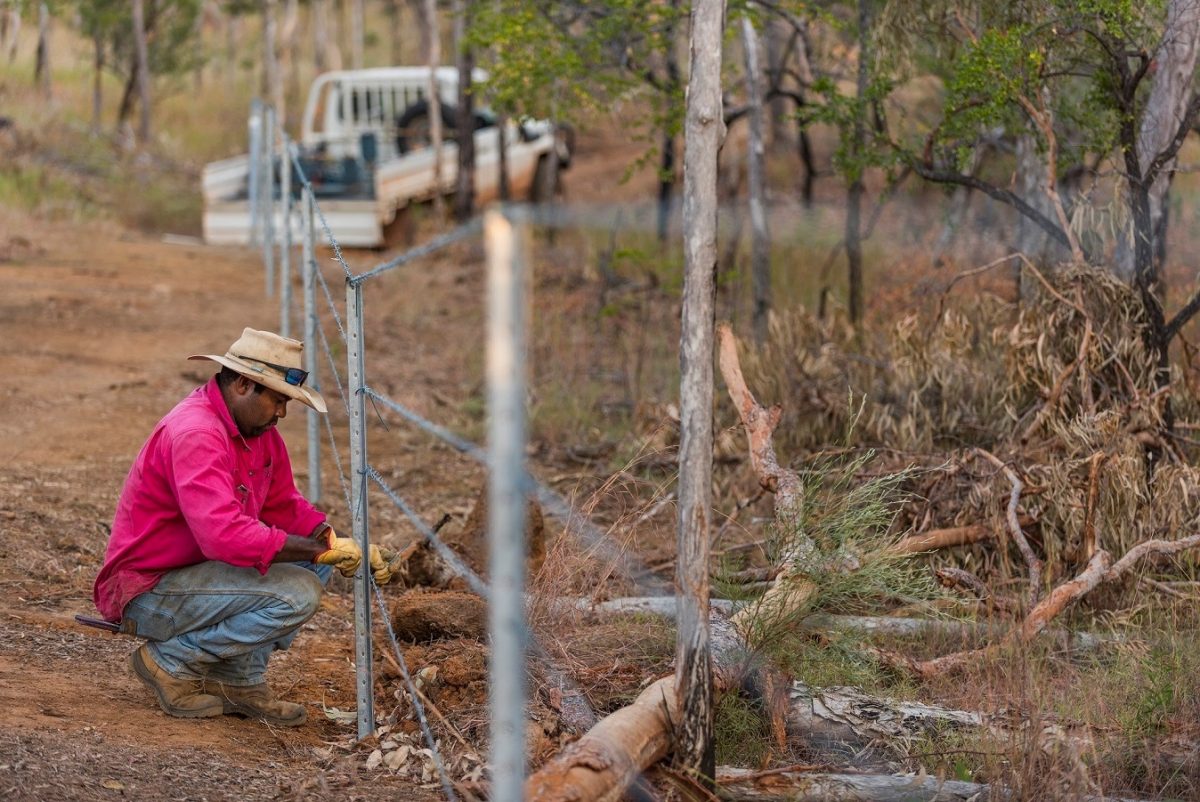
Vince Harrigan is excited for the benefit of more rangers in Normanby Station. Photo: Kerry Trapnell.


